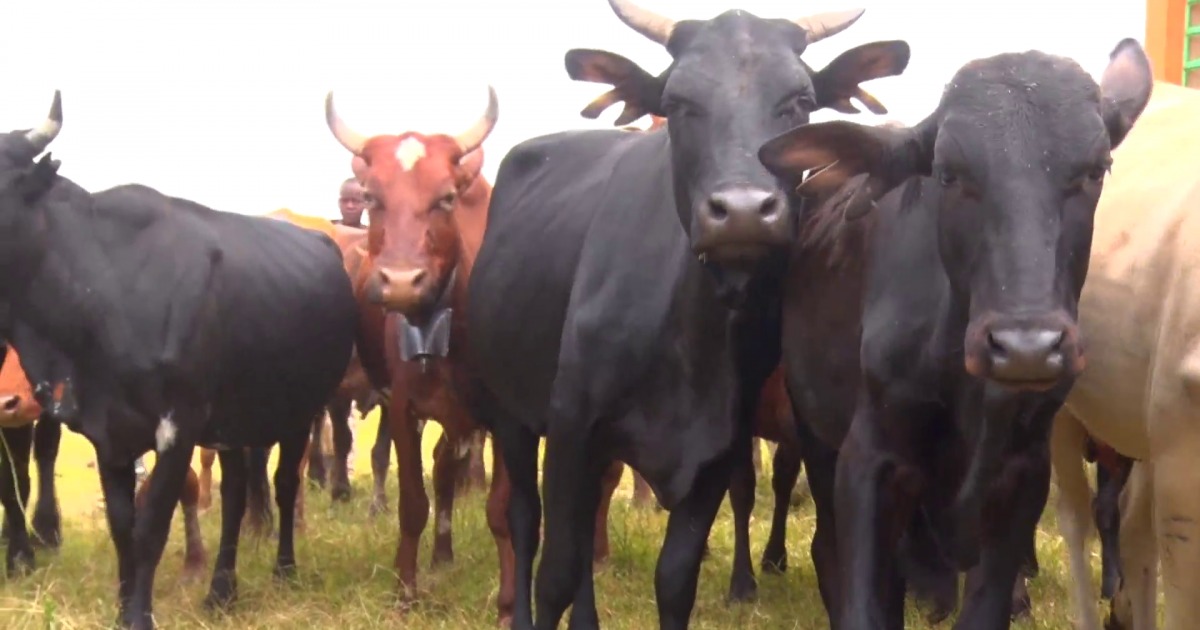The Ministry of Livestock is working on developing an animal identification and Traceability system that will help prove freedom from disease which is required in accessing specific international markets.
Ministry of Agriculture, Livestock, Fisheries and Cooperatives Chief Administrative Secretary (CAS) Lawrence Omuhaka stated that the livestock sector accounts for over 30 per cent of the total marketed agricultural products and contributes substantial earnings to households through sale of livestock and provides raw materials for agro-based industries.
The CAS was speaking at a Nairobi hotel during the validation meeting on the Livestock Identification and Traceability Strategy (LITS) and Regulations for stakeholders in the public and private sectors.
He said that the strategy and regulations are necessary in building frameworks that guide on the long-term implementation of animal identification, registration and traceability in the country.
“As part of implementation of policy within the Livestock Sector, LITS will improve market access and trade in livestock and its products through interventions such as establishing Livestock Export Zones,” said Omuhaka, adding that it will also attract better-targeted livestock sector investments from the government, development partners and private sector.
The CAS disclosed that LITS envisions to increase production and productivity of livestock resources.
Omuhaka highlighted that LITS has extensive benefits in animal health management, certification of animals and its products for trade and provides quality assurance for food of animal origin.
“The development of LITS and Regulations has been crafted to respond to emerging demands in livestock production, animal disease control, animal welfare, livestock marketing and security in cattle rustling areas,” he said.
The CAS affirmed that despite the need for LITS adoption and implementation being recognized long ago, there has never been a clear strategy and modern regulations for its coordinated and phased implementation.
“LITS was informed by International standards based on World Animal Health Organization (OIE) and Food and Agricultural Organization (FAO) guidelines and experiences learnt from benchmarking visits to more advanced jurisdictions,” explained Omuhaka.
The CAS urged livestock stakeholders to contribute in streamlining policies and regulations that will profit farmers, particularly those in Arid and Semi-Arid Lands.
County Executive Committee (CEC) and Caucus Chairman of Agriculture, Livestock and Fisheries Albert Mwaniki highlighted that LITS aims to follow up on the location of livestock, what it fed on and treatment received from veterinary agents across the country.
Mwaniki noted that it is critical for the public to understand the proposed LITS bill, in line with its benefits in terms of health of the animals and human consumers, protection of businesses and ensuring prosperity as a country.
“All livestock practitioners have to collaborate to ensure implementation of LITS and regulation for the betterment of our farmers,” he said.
The county executive added that the food safety bill and harmonization of regulations and policies is essential as it eases doing businesses, particularly in the private sector.
Mwaniki further urged Members of Parliament to help fast track proposed bills around livestock in order to propel the Agricultural livestock sector.
By Moffin Opilio and Stacey Barasa




